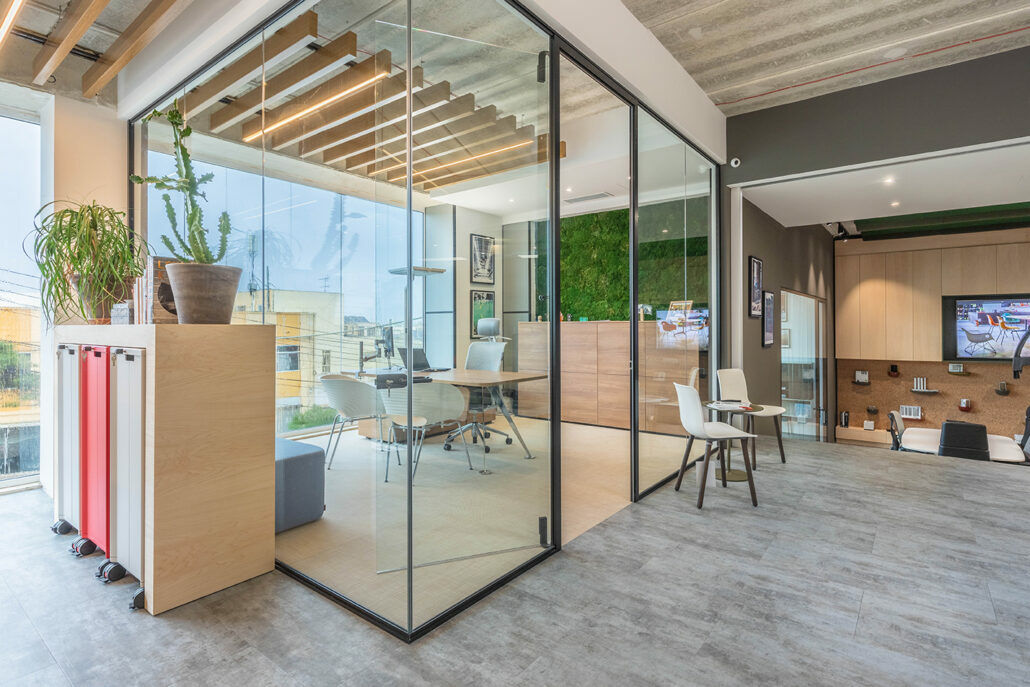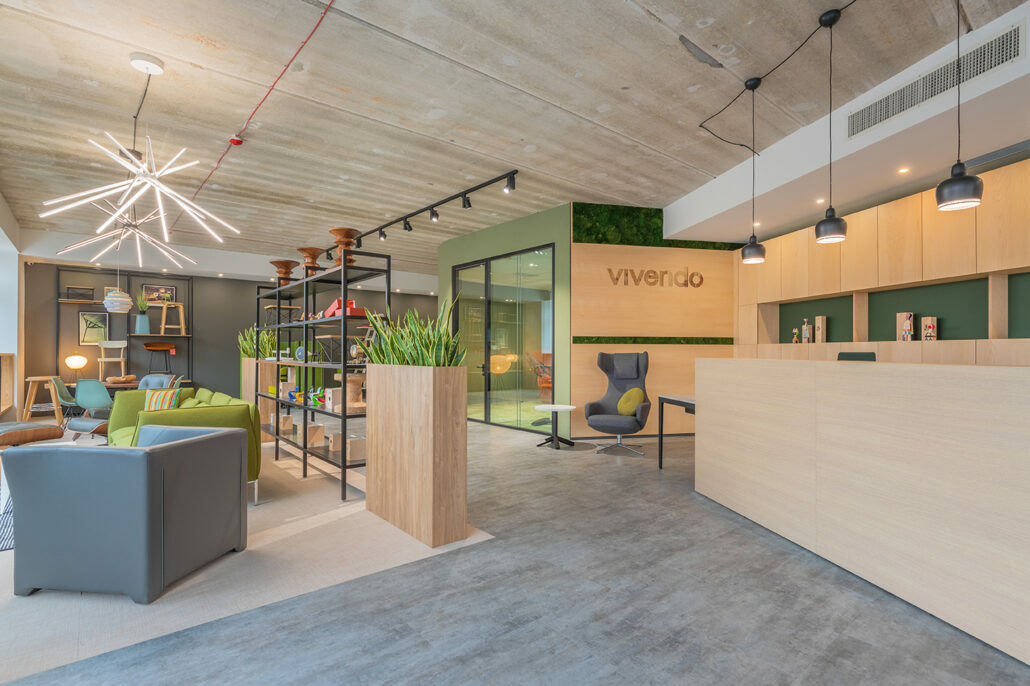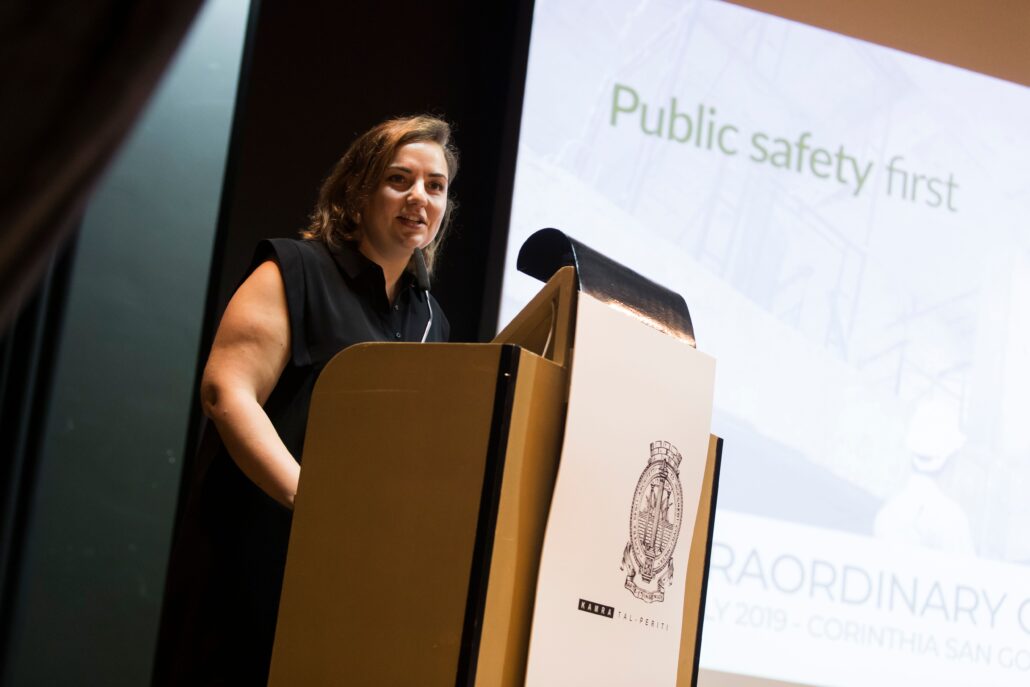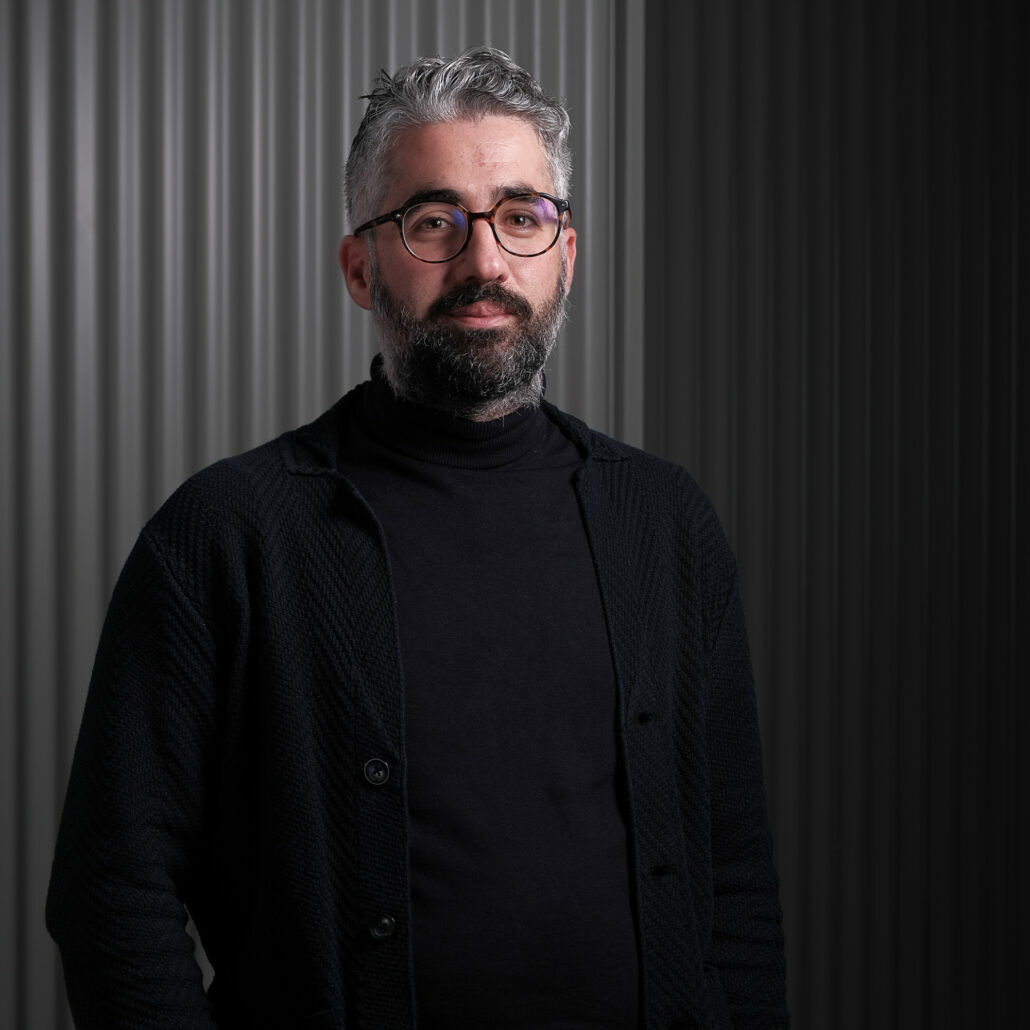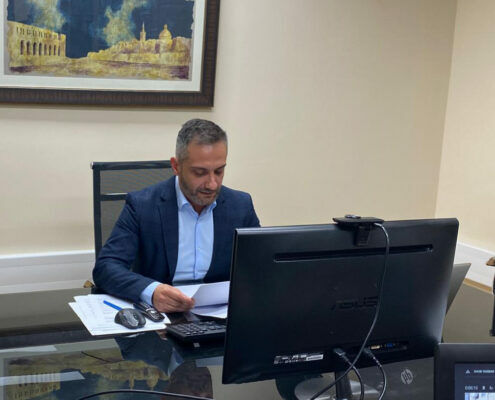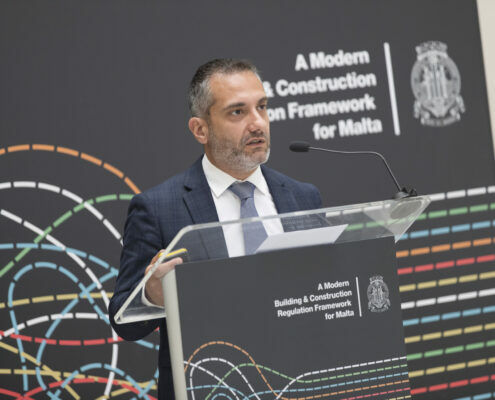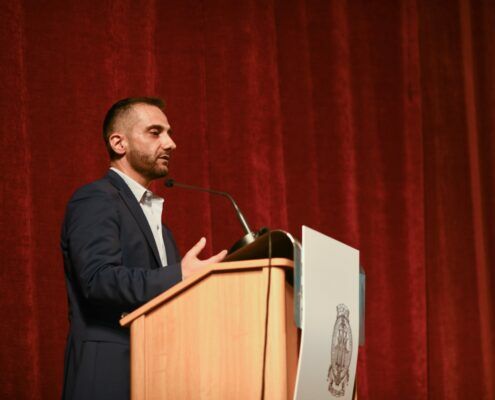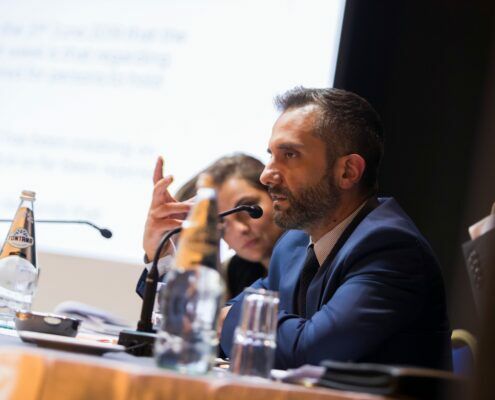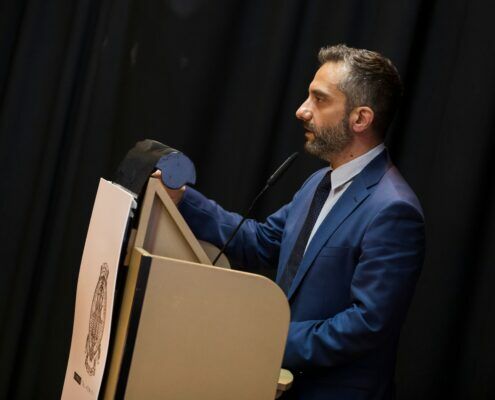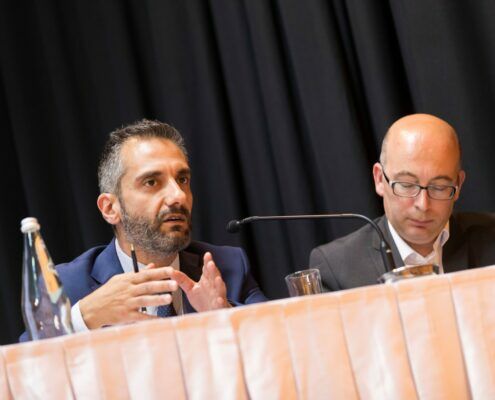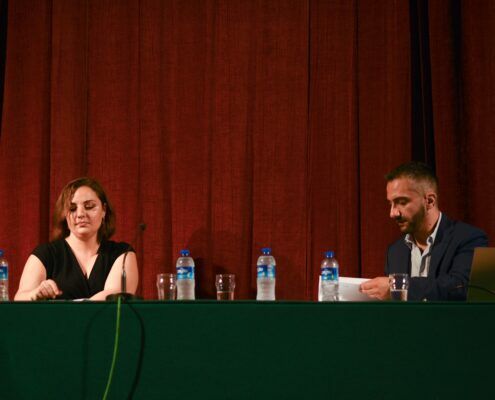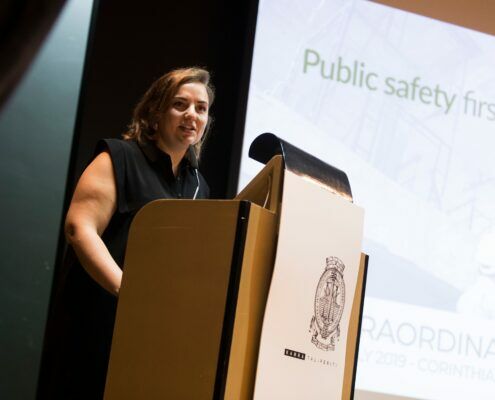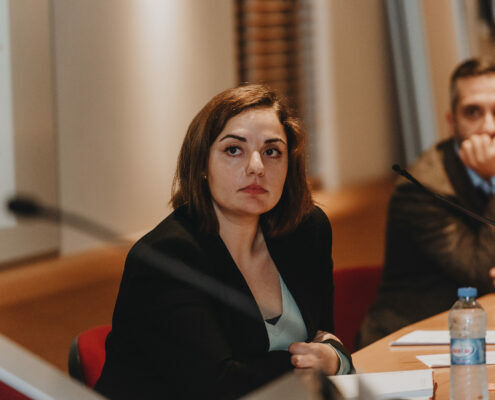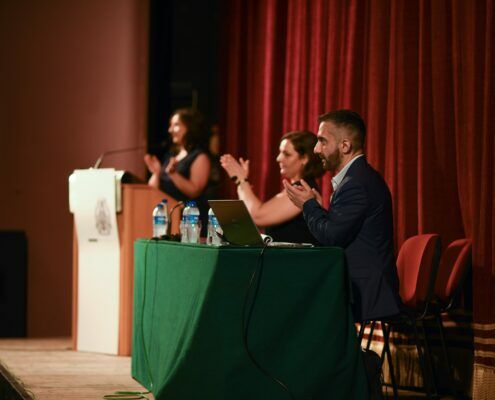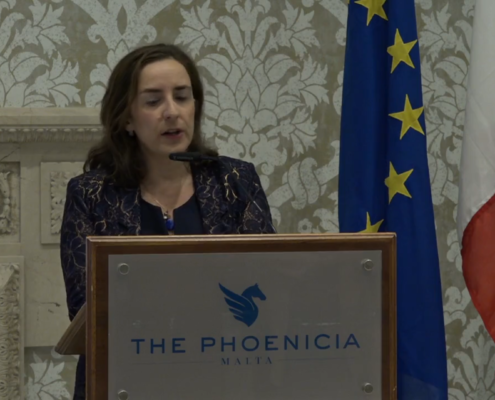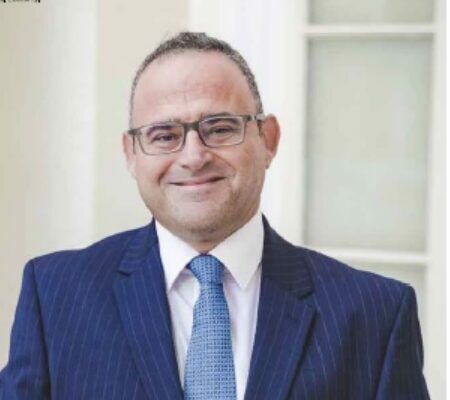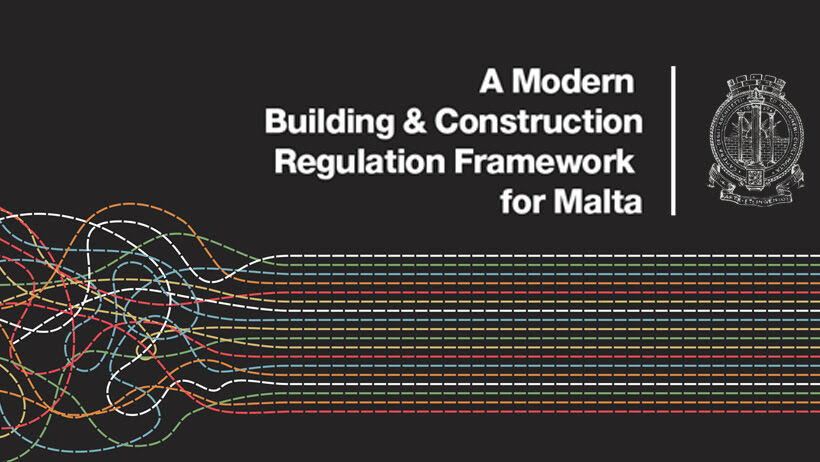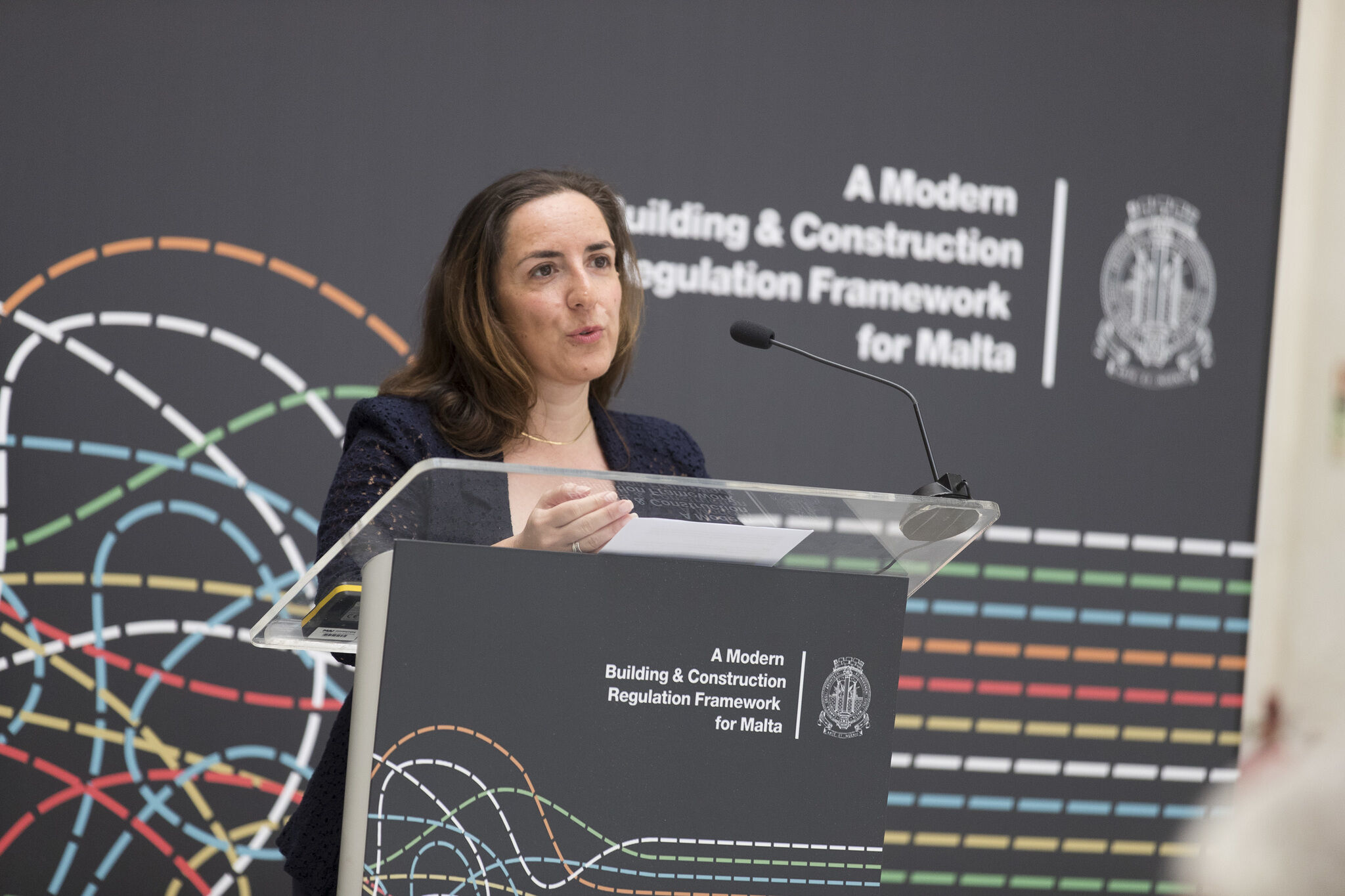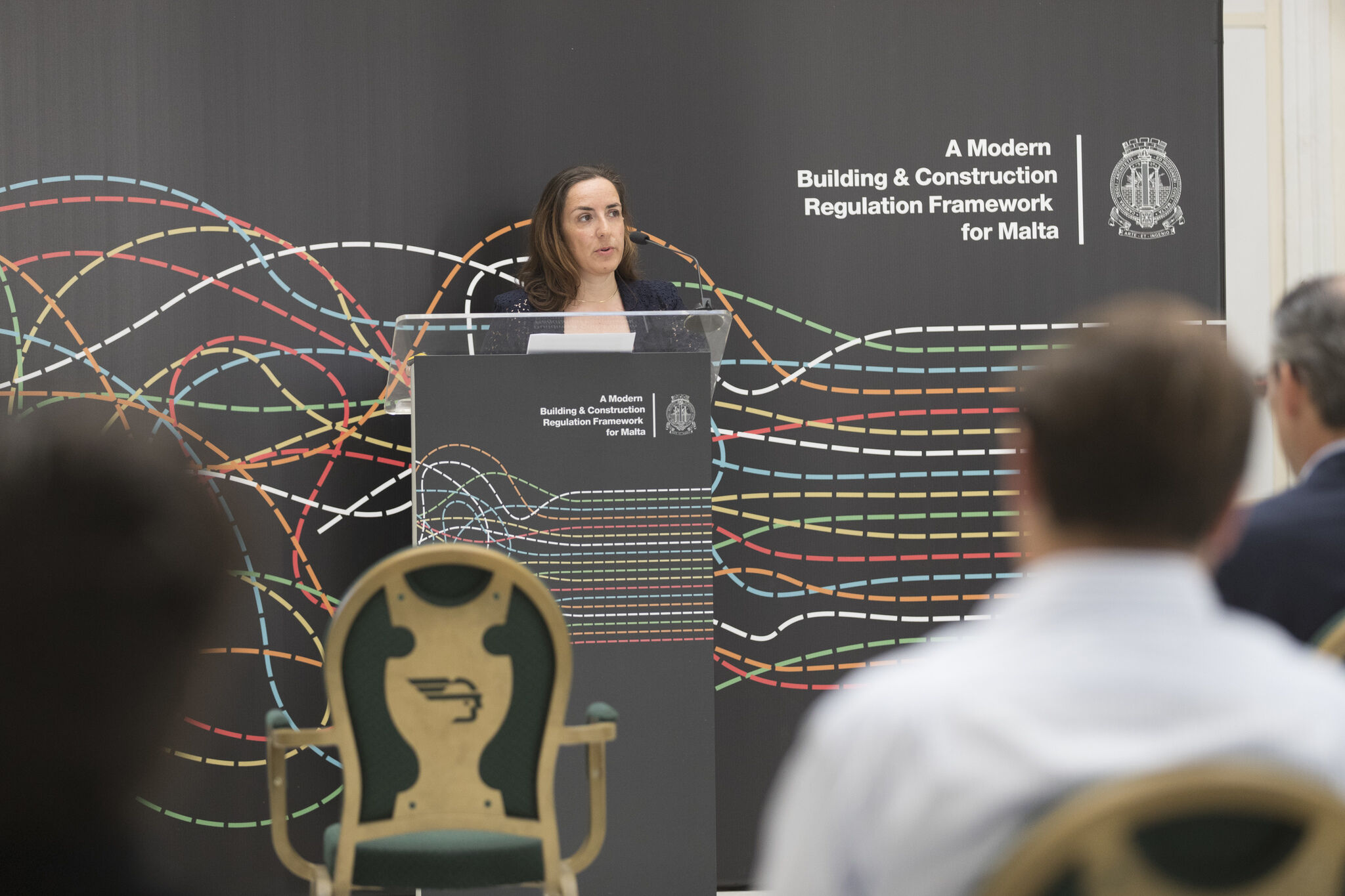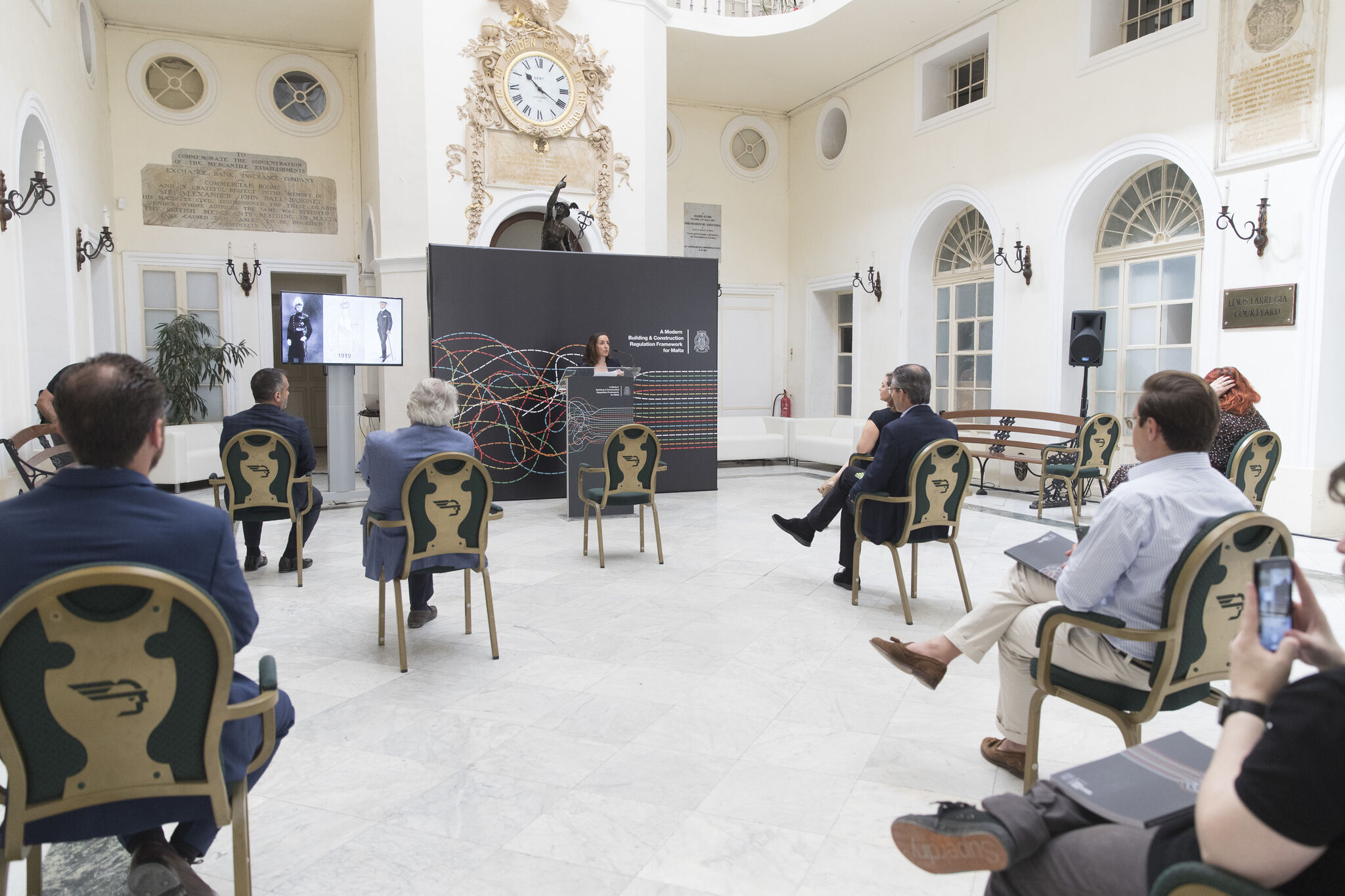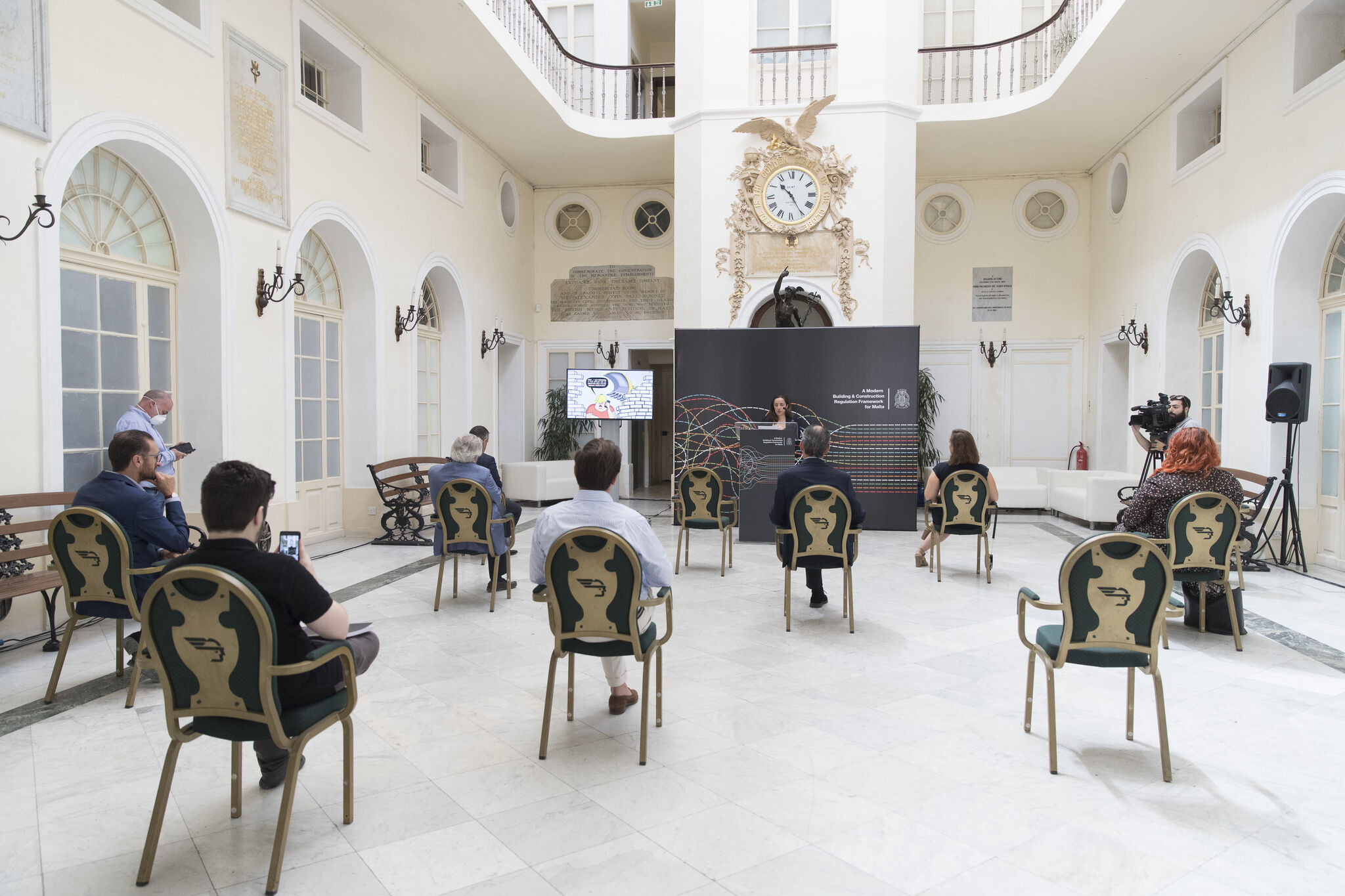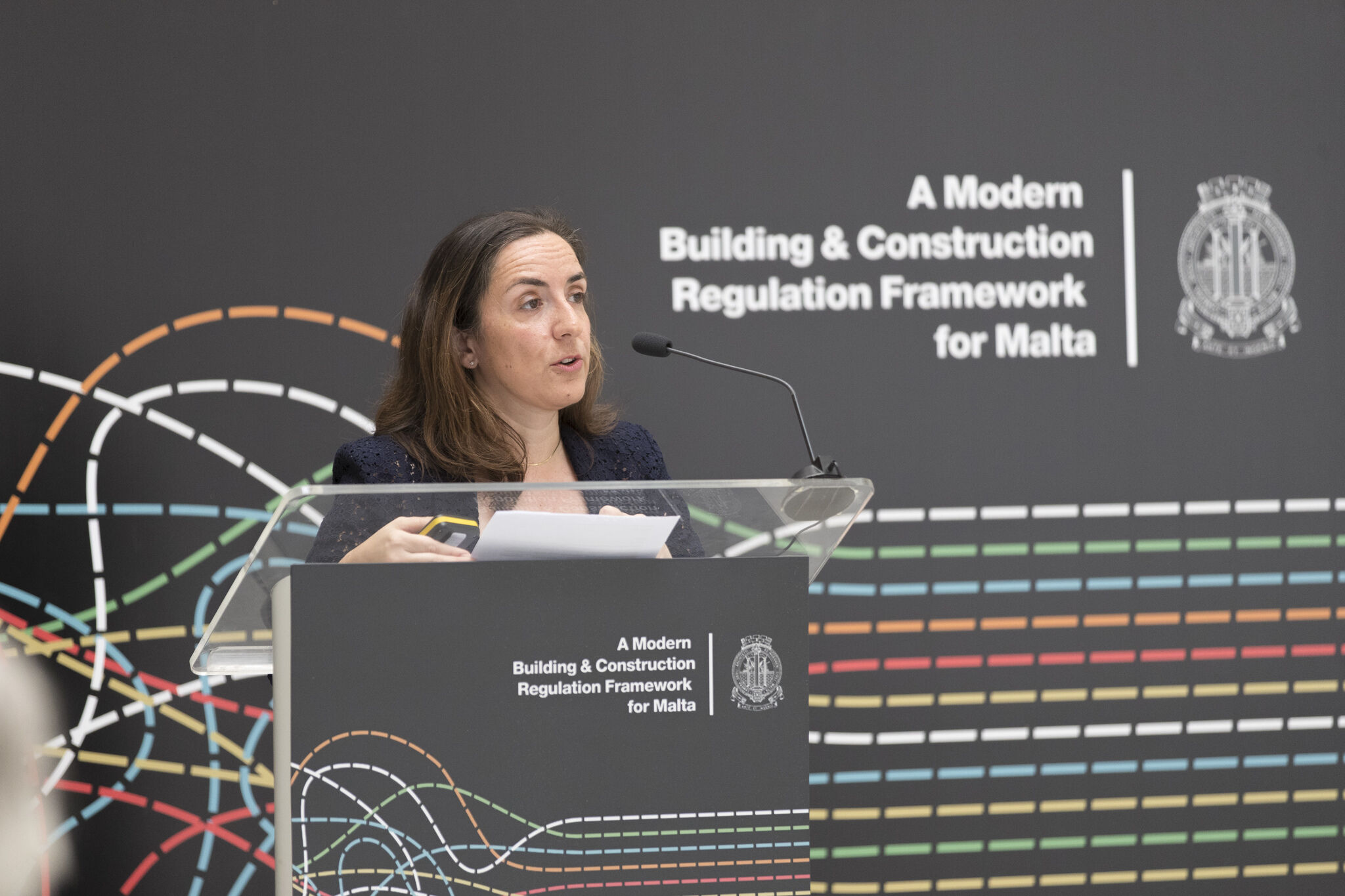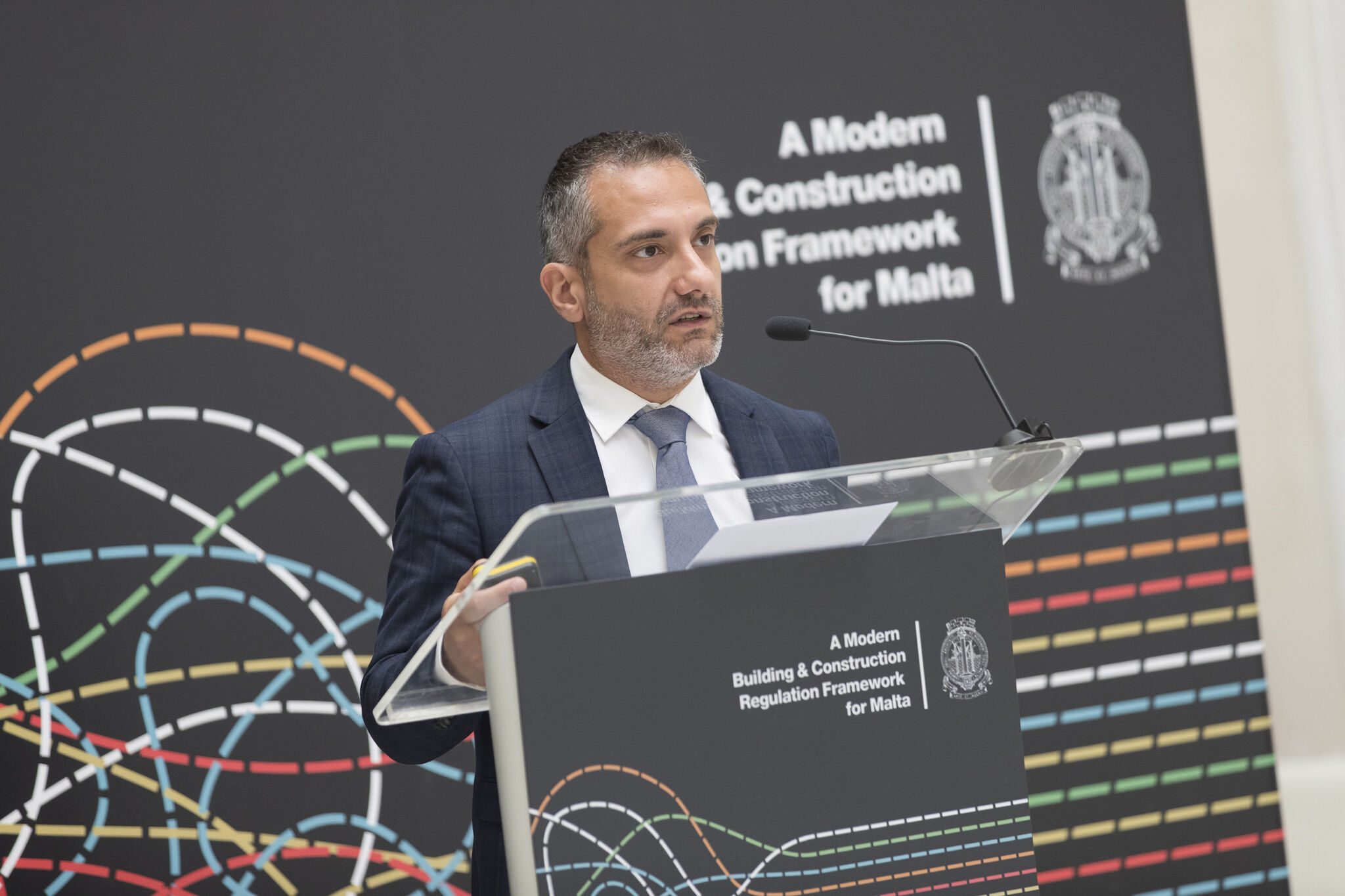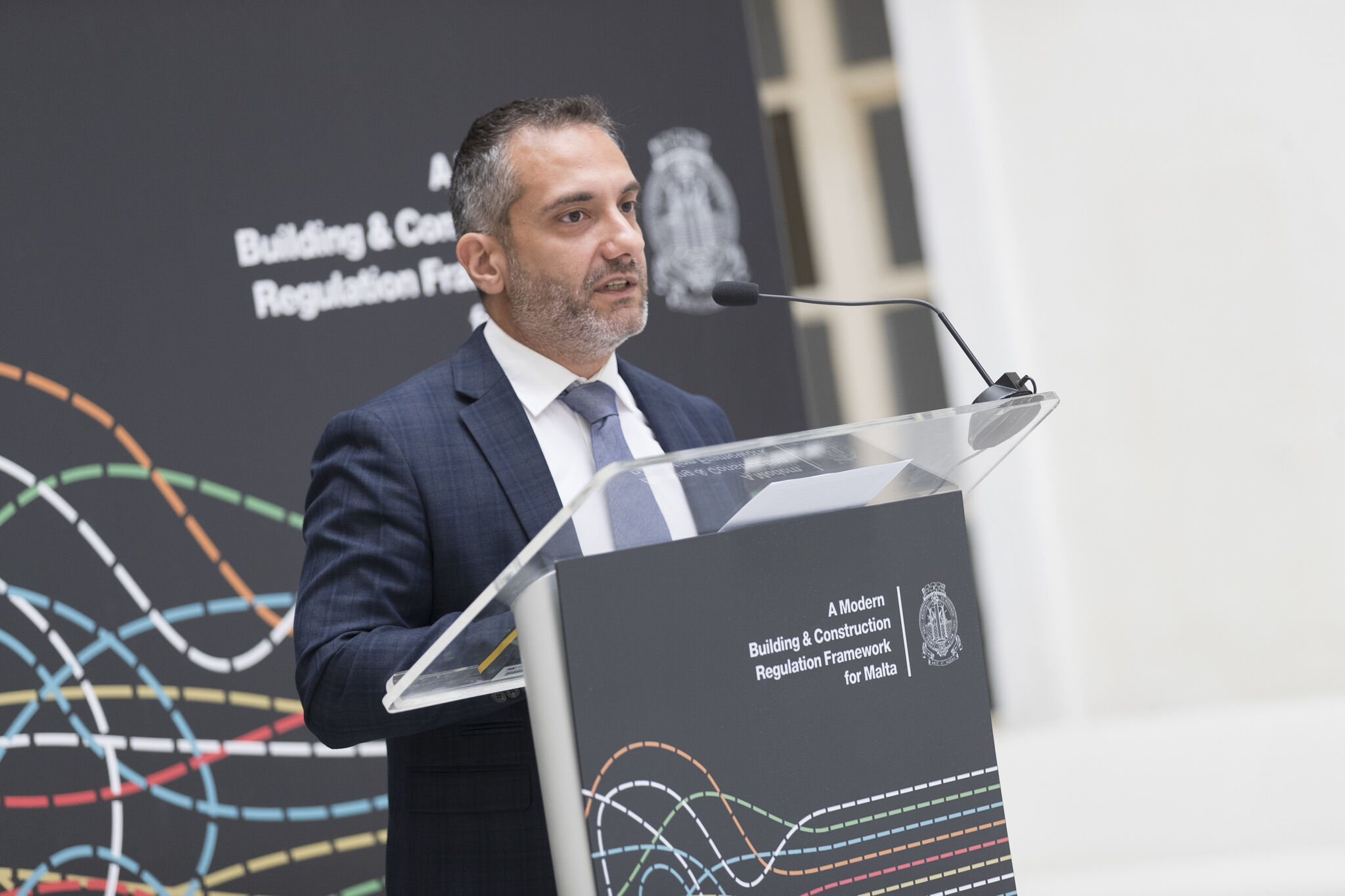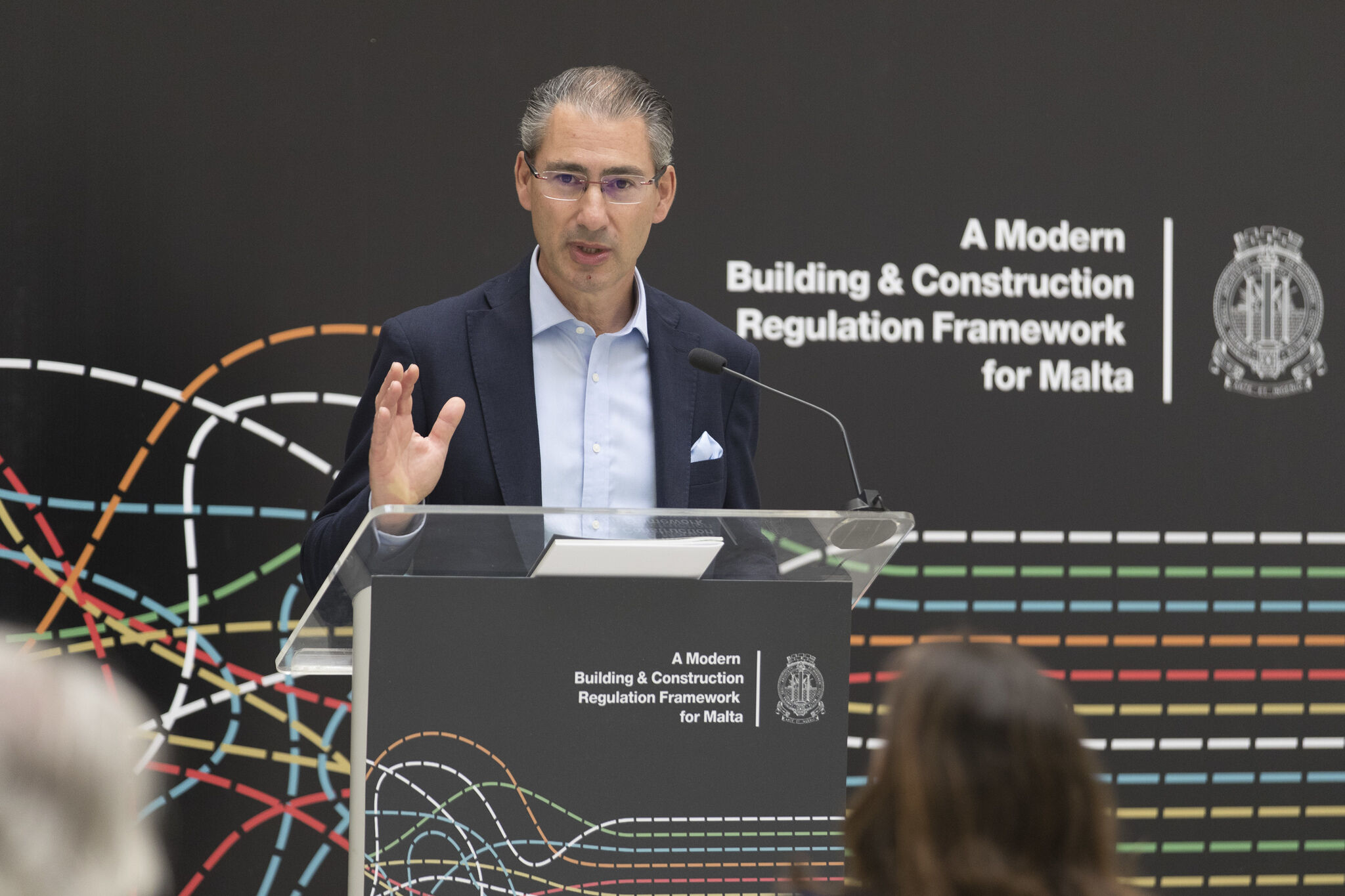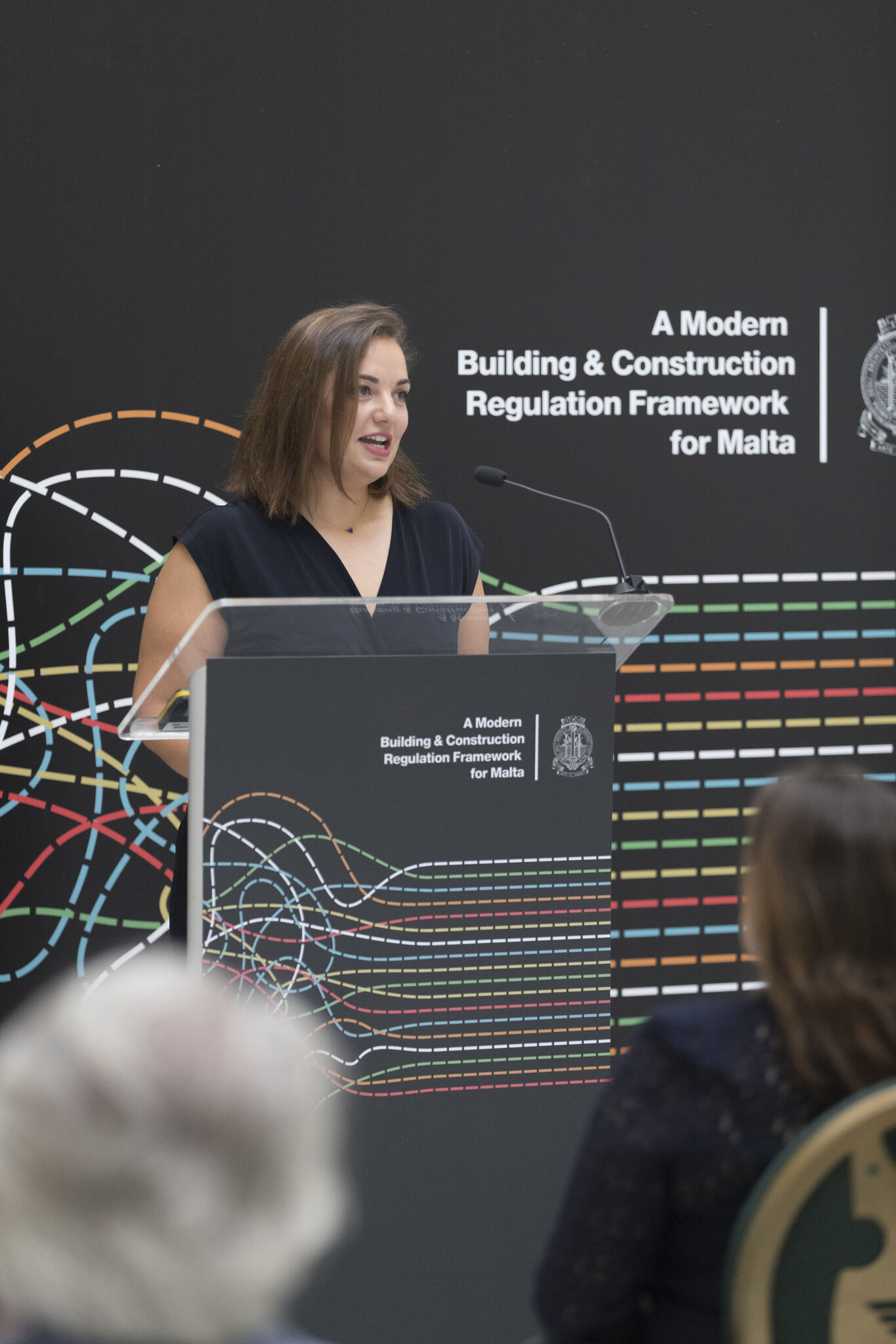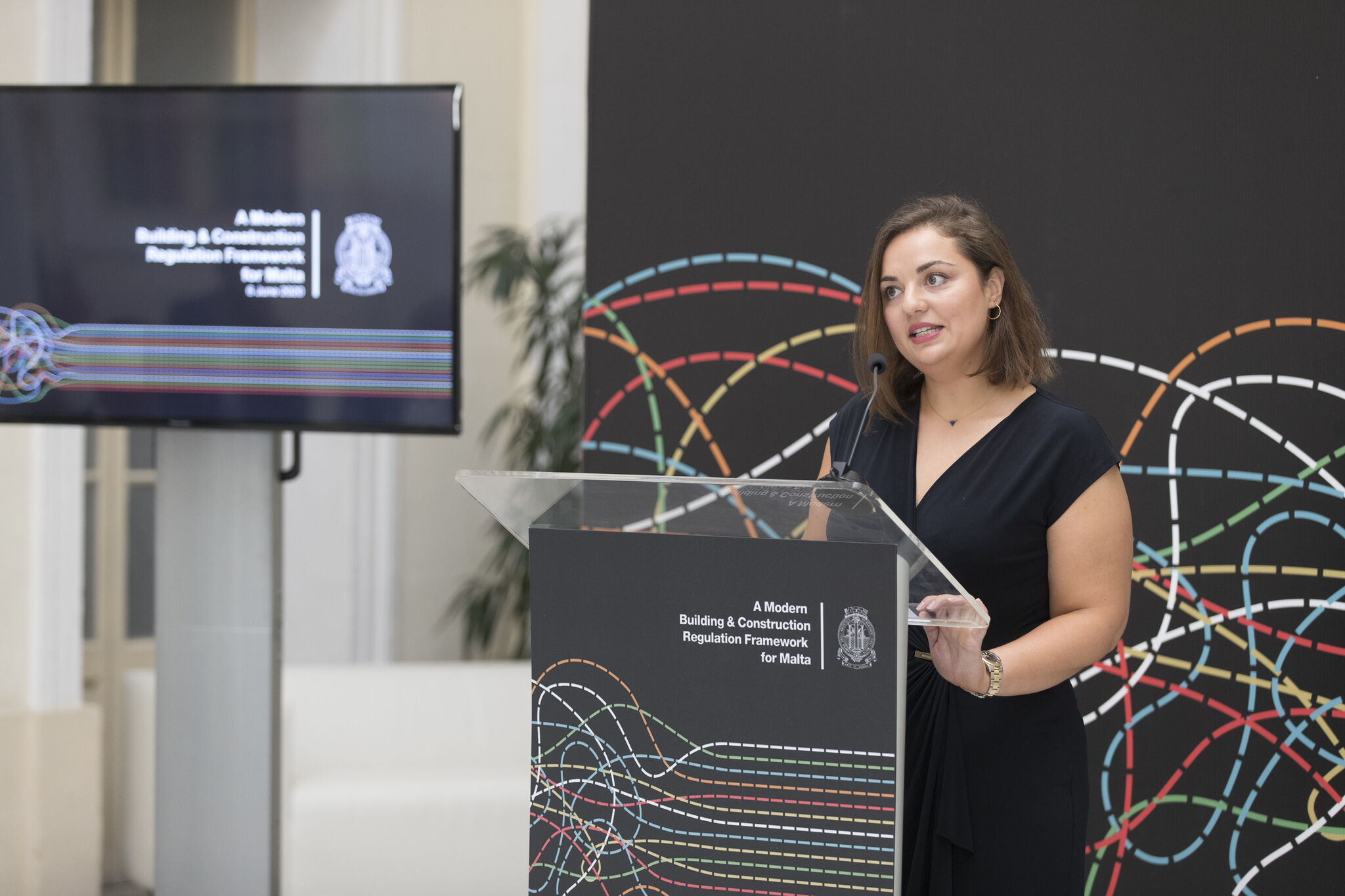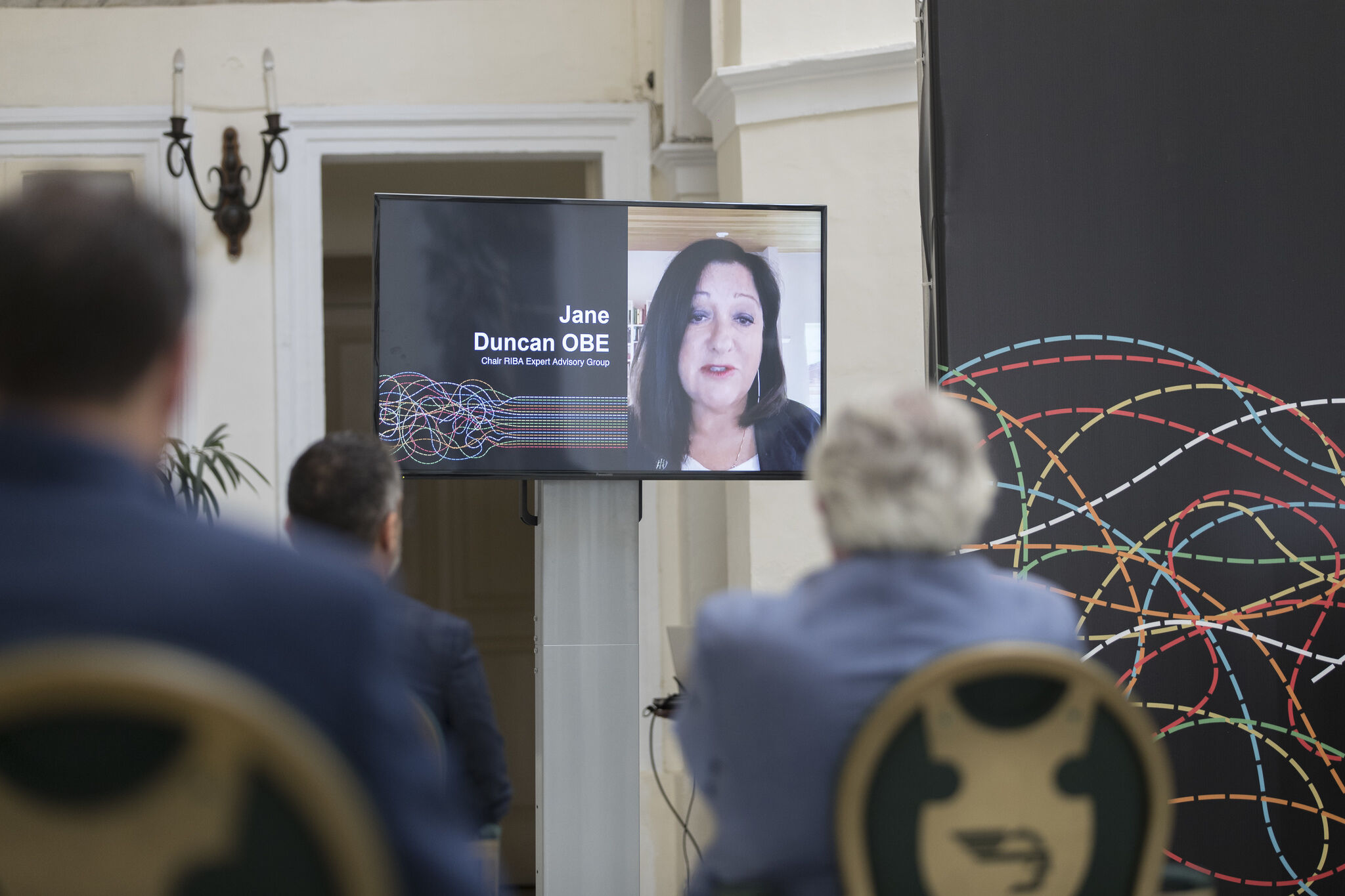PR 03/21 | KTP welcomes the passing of the Periti Act and BCA Act by Parliament
The Kamra tal-Periti is deeply satisfied that after an interminable struggle lasting fourteen years and spanning five administrations, the law regulating the profession of periti has been unanimously approved in Parliament yesterday evening.
The new Periti Act will allow for a long-overdue modernisation of the profession and the strengthening of the Kamra’s role in regulating the profession.
One of the main the changes the new Act will bring about is the introduction of Certificates to Practise issued annually by the Kamra to warrant holders providing services to the public and therefore carrying liability for their services. The issuance of Certificates to Practise will be conditional to warrant holders possessing professional indemnity insurance or another form of adequate protective cover and minimum continuous professional development training. The possessors of the Certificate to Practise, whether in the private or public sector, will also be issued with an official professional stamp as a mark of recognition for their clients, and public and private institutions receiving official documentation from periti. This reform will serve to raise the bar and professionalism of warrant holders to the benefit of the wider public and the profession itself.
Another key change is the introduction of two lists within the warrant of Periti – the Perit Arkitett and Periti Inġiniera Ċivili. Apart from addressing infringement procedures opened by the European Commission against Malta about the previous Periti Act, this innovation creates a distinction between the professional qualification routes for architects and civil engineers and marks the beginning of a transition from generalists to specialists in various fields of practice. This distinction is expected to greatly benefit the quality of our built environment and the quality of construction.
Of great importance to the Kamra, of course, is the consolidation of the Kamra’s role as the regulator and sole representative body of periti in Malta. It also introduces the Periti Professional Conduct Board, a new body to which professional conduct cases can be delegated by the Council of the Kamra to improve its efficiency and guarantee a speedier due process for all parties concerned.
This Act was passed during the Kamra’s centenary year. It was indeed just over a hundred years ago, as the country was exiting another pandemic, that the Kamra was set up following a spate of building collapses. The Kamra has evolved over the past one hundred years but remains a widely trusted and respected institution that not only looks after the interests of the profession but also seeks to protect the common good in all its efforts.
With the passing of this Act, the Kamra is now in a position to gradually begin rolling out long-overdue reforms within the profession that depended on the new Periti Act. These reforms will bring the profession firmly into the 21st Century. It will also help begin to address the serious problems within the construction industry and our built environment.
The Kamra tal-Periti also strongly welcomes the concurrent passing of the Building and Construction Authority Act. While the Periti Act and the Kamra tal-Periti will serve to underpin the reform of the building and construction industry, this new authority will serve as its foundation.
Most of the concerns raised by the Kamra in recent weeks about the Bill have been addressed in Parliament through amendments brought forward by Government and Opposition.
There is still a significant amount of work to be done to align Malta’s building and construction industry with that of our European partners. However, the Kamra remains resolved to support Government in the drafting of regulations and their implementation to ensure that the public’s health and safety and quality of life are not only protected but enhanced.

